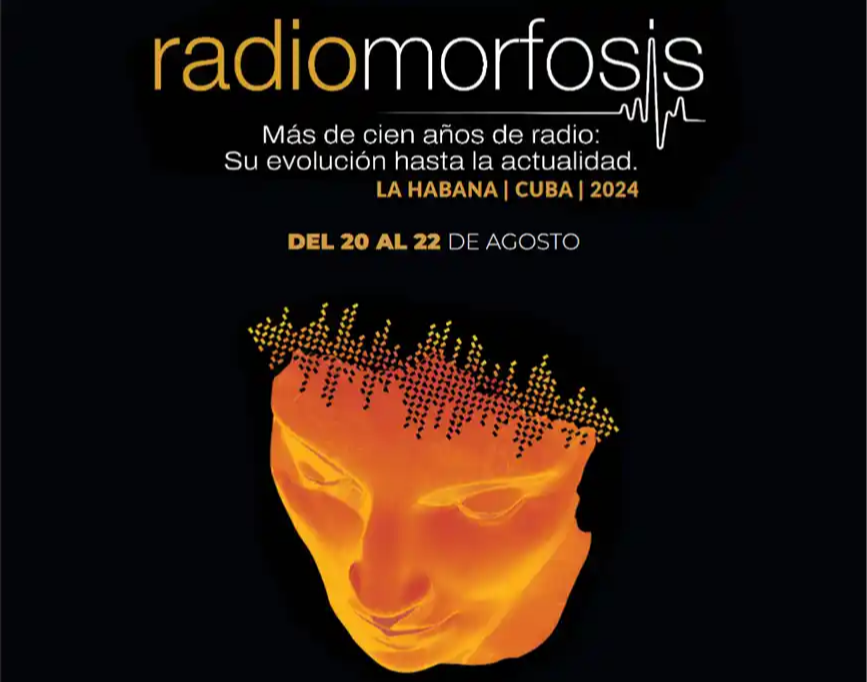
Debate on the benefits and challenges of podcasting at Radiomorphosis Cuba 2024
Havana, Aug. 21 (RHC) The second and final day of the Radiomorphosis Cuba 2024 event taking place in Havana on Wednesday was dedicated to the podcast industry, its benefits in radio and the challenges of its current production.
Ana Teresa Badía Valdés, journalist and researcher, said that podcasts allow a renewal in the way of sonic discourse and show the expansion of the radio through the possibility of transmitting by amplitude modulation, frequency modulation and shortwave.
This format broke with the traditional paradigms that existed around radio because it blurred geographical and physical boundaries and allowed for on-demand consumption because it could be downloaded and listened to at the desired time, he said.
By 2027, it is estimated that 620 million people will be interested in podcasts to learn something new, and this type of programming will surpass traditional media, the expert said.
In her opinion, a podcast contributes to the financing of communication platforms because it allows the mobilization of content and also confirms the initial theories of radio related to meaningful sound, the history of everyday life, maps, landscapes and sound walks as a more attractive language for the audience.
She argued that this format requires better production and dramaturgy because it goes beyond the concept of a downloadable sound file that intrudes into the communicative process.
Jorge Eduardo Urrea, communicator and professor at the University of Quindío, Colombia, urged to analyze the podcast from the scenarios and the medium in which it is produced, noting that it is a narrative under construction because it emerged as an audio file that can be download without a specific dramaturgy.
The infinity of genres and formats that a pódcast can have, is not necessarily reduced to those of traditional media that inform and entertain, but goes to specific market niches, commented the professor.
Gabriel Torres Espinoza, director of the University System of Radio, Television and Cinematography of the University of Guadalajara, Mexico, pointed out that with technological transformations, audiences can choose the types of content they want to consume, and in this regard, playlists play an important role.
Torres Espinoza said that the production of this audio content in digital format is emerging, but the digital divide still prevents access to it, since its download depends specifically on the Internet.
It has become a fundamental resource for the cultural industry because its creation also requires artistic and quality resources, he said.
The Radiomorfosis Cuba 2024 event will conclude this Wednesday in Havana, where invited experts will also discuss radio for children and young people, university radio stations, and advertising and sponsorship in public media.

